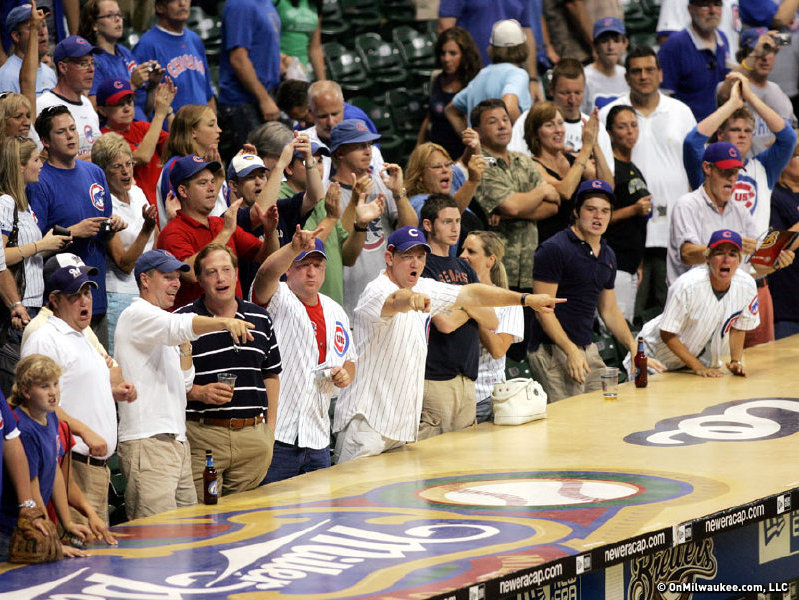While growing professionally in a career that has been around for hundreds of years, I vowed early on that I’d work harder to not fall into the pitfalls of the jaded ones who’ve been at it for a while.
It’s easier said than done when as a young buck editor I was trained to be cynical, to wade through industry jargon, flack – and, frankly, B.S. – that was in the way. It was my job to seek the truth, be fearless in its presentation and be the final watch dog to make sure my fellow journalists didn’t come off as idiots. I had their back, they had mine.
And here I am, I’ve turned into Andy Rooney who got so good at it that he even used to complain about complaining. I try not to let the actions of those around me in media get me down, but when you are lumped together with them, it is difficult to just sit and bite your tongue.
Here are my media rants, in no particular order:
WELCOME TO MILWAUKEE: Someone else who writes about TV and radio in this market at a larger media outlet had a blog post picking on a newly hired reporter for his love of Chicago sporting teams. His attempt to cover it up (in good fun or not) was to turn it into a chance for his readers to offer tips on entering a market where the fans hate the teams the new arrival loves.
In the post, the writer picks on the reporter for his grammar and usage on Twitter – which, again, could just be in jest – despite the fact that his own piece has factual errors that could have been avoided with simple Google searches.
Now I will never claim to be a perfect and clean writer. However, before I point out the speck of dust in someone else’s eye, I’ll be happy to point out the plank hanging out of mine.
CONTROLLING THE OLYMPIC MESSAGE: Members of the International Olympic Committee and Russia’s state sports news agency have released conflicting reports of the use of social media to cover events at the 2014 Sochi Winter Olympics.
Throughout the years, and a couple of major mistakes, I’ve learned the hard way the minefield that is the credentialing process. Because news organizations across the globe – NBC here in the U.S. – pay huge fees for the video rebroadcast rights, it can be confusing on what’s allowed and what’s not.
The first reports that came out, were blanket statements that mobile devices would not be allowed at Olympic competition venues. That meant no Twitter updates on curling, no vine video of snowboarding half pipes and no Facebook updates on who is skating faster than someone else.
Because technology has allowed smaller media outlets to cover events like the games, a small multimedia crew from a Belgian website could be ranting all over YouTube right now. The truth is, the media gets special access and for that access, certain rules come with them. The IOC had to report that Instagram isn’t being shut down for the event, just as mobile phones would still be allowed at competitions. The rules come with the use of licensed images for commercial purposes and the use of video in a reporting effort to make a profit if the media outlet is not a license-paying member.
The last 48 hours was a nice exercise to not believe everything you read until the full details are available, even if it means ignoring headlines from some of the top media sources in the world.
CHOP ONIONS, AND TEARS FLOW: I too was saddened to hear of the closing of the print edition of "The Onion" in Milwaukee and the end of the local A.V. Club.
I enjoyed reading the work of writer and editor Matt Wild, and the site’s look at some of the best offerings of the entertainment scene in the market. I even enjoyed it when they would take to task Jeff Sherman (please don’t tell Jeff, I’d like to keep writing here), and his different lists.
Media is bombarding us everywhere.
Instead of sheltering his brain from the onslaught, Steve embraces the news stories, entertainment, billboards, blogs, talk shows and everything in between.
The former writer, editor and producer in TV, radio, Web and newspapers, will be talking about what media does in our community and how it shapes who we are and what we do.







